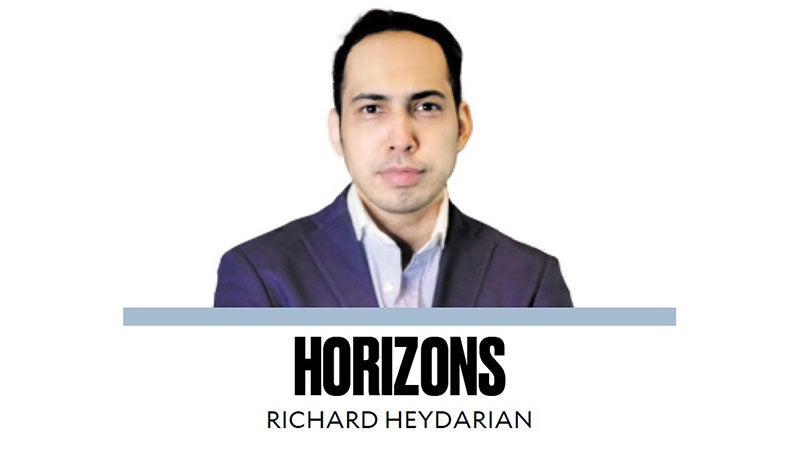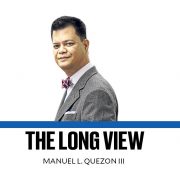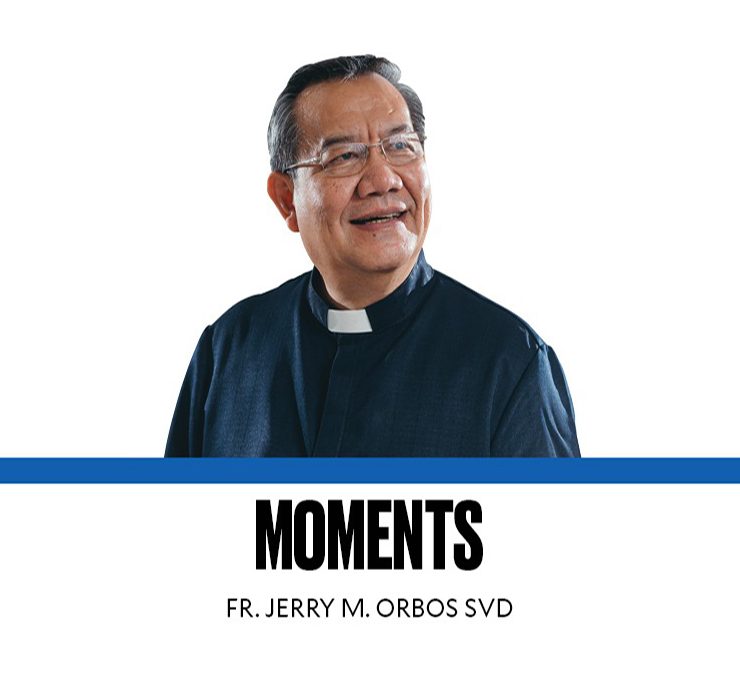Francis: ‘The pope of the world’

Signs of crisis were everywhere: declining Mass attendance, large-scale conversations with evangelical Christian groups. The stream of scandals torpedoed the reputation of countless priests and fueled all sorts of conspiracy theories about the Church. There was growing chasm between the Vatican and its exhortations, on one hand, and the global mainstream culture and transformative legislative developments across Catholic-majority democracies, on the other.
Into this vortex of crises entered Jorge Mario Bergoglio, the first Jesuit and the first Latin American to become pope. He even retained the Jesuit monogram and his episcopal motto on his papal arms. He was also the first Pope to take the name Francis in honor of Francis of Assisi, because the deeply revered saint was “the man of poverty, the man of peace, the man who loves and protects creation.”
To be clear, he had his share of critics from early on. In stark contrast to counterparts in other major Latin American nations, who actively resisted authoritarian leaders, the Catholic hierarchy in Argentina was accused of complicity with the brutal junta.
“From a young age, life pushed me into leadership roles … and I had to learn from my errors along the way because, to tell the truth, I made hundreds of errors. Errors and sins,” the Pope admitted, referring to his early days as a Jesuit leader at the height of the military dictatorship and the ensuing Dirty War that cost the lives of tens of thousands of civilians, including progressive priests. “I knew that something serious was happening and that there were a lot of prisoners, but I realized that it was much more than that only later on.”
A subsequent judicial inquiry cleared the future Pope of any involvement in the misdeeds and, if anything, credited him and other conscientious Catholic leaders for the release of several priests as “a consequence of steps taken by the religious order to which the victims belonged and the interest taken in them by leading members of the Catholic Church.”
But there was to be a reckoning, a moment of “great interior crisis,” when, in 1990, he was removed from his position within the Jesuit hierarchy and sent into de facto exile. Thanks to his Jesuit self-discipline, what followed was a steady arc of redemption, which saw the future Pope first becoming a deputy to the archbishop of Buenos Aires, Antonio Quarracino, who, later as a cardinal with strong ties in the Vatican, played a decisive role in Bergoglio’s elevation to archbishop of Buenos Aires and, shortly after, a cardinal under Pope John Paul II.
Once he became pope, he did his utmost to become a voice for the voiceless and turn the Church into a bastion of mercy and ecumenical dialogue. He courageously built on the remarkable legacy of Pope John XXIII, who convened the Second Vatican Council in the spirit of aggiornamento: “bring [the Church] up to date [and] throw open the windows of the church and let the fresh air of the Spirit blow through.”
By all indications, he succeeded in transforming the Catholic Church and its relationship with the world in ways that both his liberal and progressive critics have failed to appreciate. From his critique of global capitalism and his advocacy for battling climate change, Pope Francis served as the conscience of humanity. In his last meditations on Good Friday, he made a thinly veiled criticism of authoritarian populists and oligarchs, who are “[t]oday’s builders of Babel [that] tell us that there is no room for losers and that those who fall along the way are losers.”
Though he didn’t cross many lines that could have sparked a schism within the Church, Pope Francis oversaw a sincere dialogue on a host of contentious issues, as well as an unprecedented openness to people of different faiths. What truly made him such a beloved spiritual figure across the world, however, was his sincere gesture—from his humble lifestyle to his countless visits to the Global South and conflict zones to his daily calls with Catholics in Gaza and washing of the feet of prisoners, migrants, and non-Christians. In many ways, he was not only the Pope for Catholics, but also a spiritual leader for the whole world. As his longtime friend Gustavo Vera put it, “Argentines believe he was Argentinian, but in reality, he was a citizen of the world.”





















